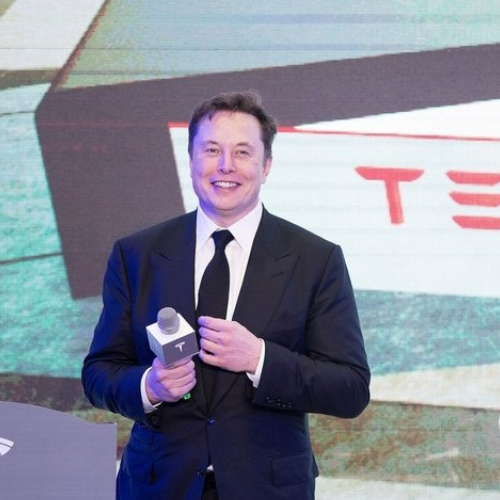Elon Musk’s deep ties with China are becoming a growing concern as he prepares to take on a prominent role in a potential future U.S. administration under Donald Trump. The billionaire CEO of Tesla and SpaceX, whose companies have major operations in China, is facing increasing scrutiny over how these relationships could affect U.S. national security. Critics argue that Musk’s business interests in China might create dangerous conflicts of interest, especially given his potential influence over government decisions related to tech and defense.
Musk’s Growing Influence and Business Ties with China
Musk’s companies, Tesla and SpaceX, have become key players in both the automotive and space industries, with significant involvement in China. Tesla, known for its electric cars, produces half of its vehicles in China and relies on the country for a third of its total sales. This makes China a critical market for Tesla, and by extension, a vital part of Musk’s business empire. SpaceX, Musk’s space exploration company, is also crucial to U.S. national defense, providing satellite launch services for the U.S. military.
Musk’s close relationships with Chinese officials, including Premier Li Qiang, add another layer of concern. As China is known for using economic and business ties to influence political outcomes, critics fear that Musk could serve as an intermediary for Chinese interests. His ability to balance these relationships while leading influential U.S. companies, including SpaceX, that serve national security interests is increasingly questioned. The worry is that Musk might be placed in a situation where his business dealings could clash with his responsibilities to the U.S. government, particularly if he assumes a leadership role in a future Trump administration.
The U.S. Government’s Growing Dependence on Musk’s Companies
As the U.S. government becomes more reliant on Musk’s companies, the concerns over his business ties with China grow more urgent. SpaceX, for example, provides essential services for U.S. military and intelligence operations, including secure satellite launches. The U.S. Department of Defense and other federal agencies are increasingly dependent on SpaceX to meet their national security needs.
This growing reliance on private companies like SpaceX to support national defense raises questions about potential conflicts of interest, especially when one of these companies is headed by someone with significant financial and business ties to a country seen as a global rival. If Musk were to take a leadership position in the U.S. government, such as overseeing regulatory changes or cuts to federal agencies, there would be increased pressure on him to make decisions that might favor his business interests, potentially compromising U.S. security.
Elon Musk Stirs Tensions in Italy Over Migrant Detention Centers
The fear is that Musk could face intense challenges trying to balance his duties to the U.S. government and his commercial interests in China. His potential influence over U.S. policies related to tech, defense, and regulations could raise questions about whether he would prioritize the interests of the U.S. or those of his companies, which depend on China’s market and government support.
National Security Threats: China’s Cyber Espionage and Influence
Beyond Musk’s business interests, there are broader national security concerns related to China’s growing cyber espionage activities. In recent years, China has been linked to numerous cyberattacks targeting U.S. infrastructure, including telecom companies, power grids, and military systems. These cyberattacks are believed to be part of a larger strategy to gather intelligence, disrupt U.S. operations, and prepare for potential future conflicts, such as those involving Taiwan.
With China’s increasing capabilities in cyber warfare, there is mounting fear that U.S. infrastructure could be vulnerable to attacks. These cyber threats are seen as a way for China to weaken the U.S. without direct confrontation. Experts also worry that Musk’s strong business ties to China could make him a target for influence, as the Chinese government could potentially use his companies and personal connections to advance its national security goals.
Musk’s involvement in both the tech and defense sectors adds complexity to the situation. If he were to play a central role in a Trump administration, critics argue that his deep business interests in China could make him susceptible to outside influence, whether intentional or not. The fear is that Musk’s dual roles—serving both his business interests and the national interest—might put U.S. security at risk.
These concerns have only intensified as tensions between the U.S. and China continue to rise. With Chinese hackers increasingly targeting U.S. companies and infrastructure, the stakes are higher than ever. As Musk’s influence grows in both the private and public sectors, the question remains whether he can truly separate his business dealings from his responsibilities to national security.


